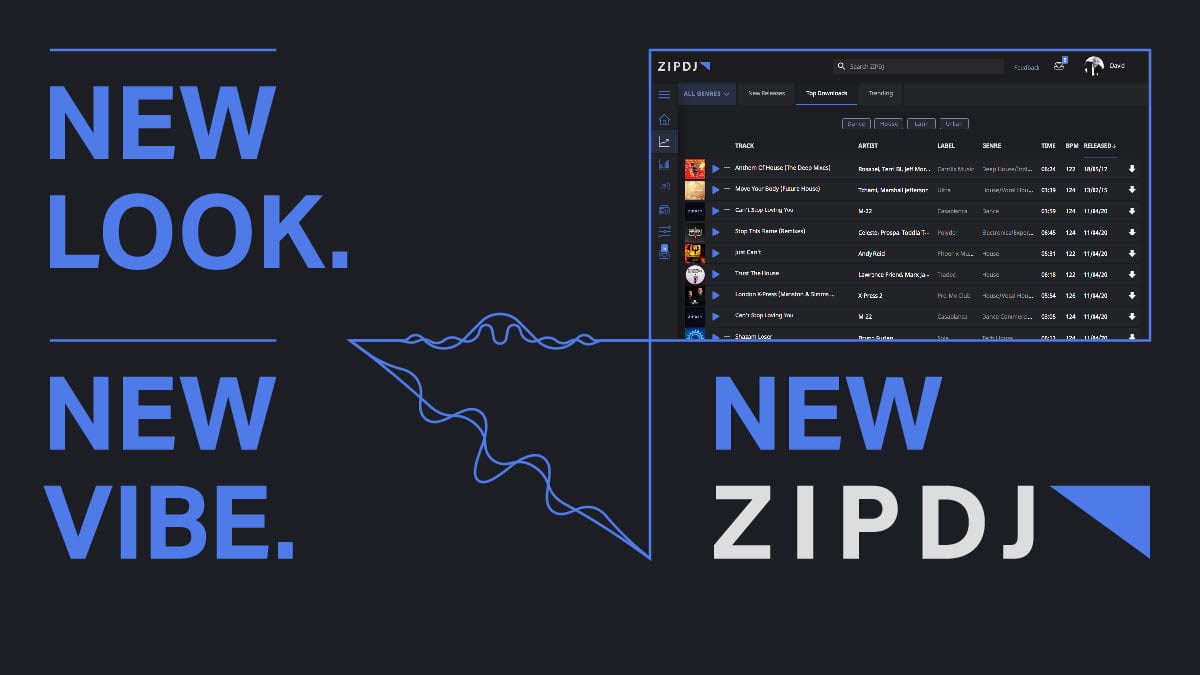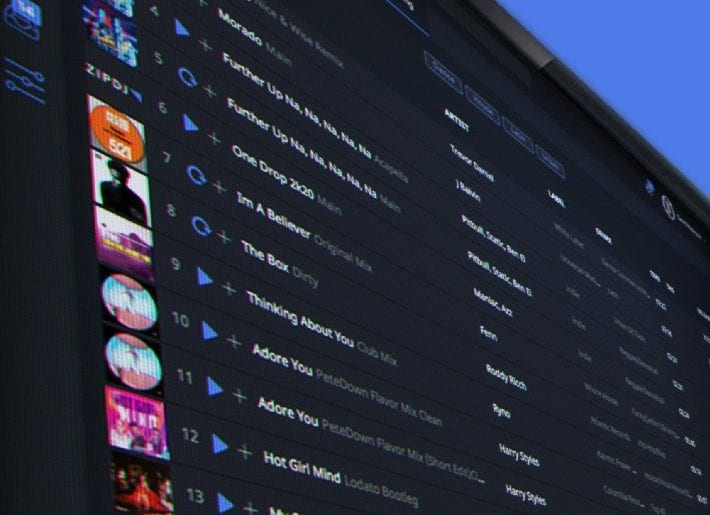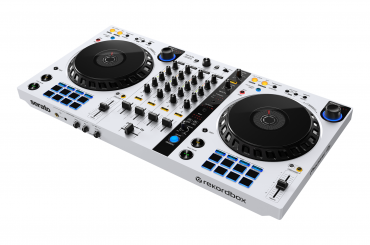Existing almost as long as DJs have been spinning records, music pools have been trusted companions of many artists around the world.
In the early days of DJing, when vinyl music was expensive and often not readily available, record pools allowed several DJs to have access to a music library that would be larger and more-comprehensive than the one they would have on their own. Pools also gave DJs access to special promotional-only releases and exclusive mixes, specially made for DJs of influence.
In the era of the iPod and MP3 file, the concept of a DJ pool was modernized to meet a new generation of DJs: ones who spun downloaded digital files on digital DJ software or burned mixes for CD players. Downloading from an online DJ pool unlocked tremendous new possibilities for DJs. Laptops, burned CDs, and external hard drives could carry voluminous amounts of music – far more than any crate of records – which allowed DJs to greatly expand their libraries. Some DJs began advertising song libraries that were 10,000 records’ deep, and a brave few were even guaranteeing that they would not say no to a request.
Over time, digital DJ pools also opened up to a significantly wider array of DJs. When records or physical CDs dominated DJ pools, membership was geographically limited to residents of a specific city or region, frequent artists at individual venues, or entirely on the basis of personal connections. Digital DJ pools that spread through the internet meant that, for the first time, almost anyone could subscribe to a DJ pool and access the pool’s offerings from virtually anywhere in the world. Digital DJ pools also make sense from a financial perspective: for many DJs, it’s significantly cheaper to subscribe to a DJ pool and be able to download hundreds or thousands of songs than have to spend the money to purchase each song individually.
These benefits – coupled with the fact that there was money to be made in hosting an online DJ pool – led to a growth in the number of online DJ pools. As we enter the 2020s and with streaming knocking on the door of the DJ world, one DJ pool is reinventing itself with an entirely new and user-friendly interface.

zipDJ (zipdj.com): Founded in 2007 and based in Toronto, Canada, zipDJ is no stranger to the world of DJ pools. To source its music, it partners with over 2000 record labels – including big names, like Universal Music Group, Ultra Music, and Warner Music Group. Its library contains many audience-tested favorites, dance anthems, new material from up-and-coming artists, and a wide selection of DJ-approved remixes and bootlegs.
What’s New: After putting in much time for development, zipDJ has re-launched its website with a new interface. And I must say, the latest interface is incredibly easy-to-use, which makes library-building and crate-digging a cinch. For the modern DJ, using a record pool should be as easy as building a playlist on a streaming service or purchasing a few songs on iTunes, and zipDJ certainly delivers.
Users can easily view new releases, the top downloads, and the trending tracks for more than 30 different genres. Users can sort through music by genre, by label, and by simply using the search bar at the top of the page. DJs can preview every mix before downloading. Also, zipDJ helpfully includes charts for the United States and Canada and takes the time to curate specific playlists and compilation albums for a variety of different genres, which are called zipDJ Packs.
Instead of having to download tracks individually, you can intuitively select multiple tracks, add them to your “Download Cart,” and download them in a single batch as a ZIP file. You could also add songs to your download cart if you’re on the go, on a different device, or don’t have access to high-speed internet and download them later when you are able to.
While targeting DJs of all stripes, zipDJ feels very much oriented towards electronic dance music and hip-hop. Its EDM collection ranges from exuberant Big Room and Electro tracks to more minimal Tech, Progressive, and Deep House records. Although not to the same extent as EDM, the hip-hop library is very well-stocked and contains a vast array of artists and eras. It is worth noting that the abundance of remixes and edits on the platform makes finding the original version of a track sometimes a bit challenging. However, it’s very interesting and fun to play around with many of the genre-bending remixes.
Users can enter the zipDJ ecosystem either through an unlimited plan, which allows unlimited downloads, or an introductory plan, which has a set limit on the number of downloads. The unlimited plan costs $35 per month, if billed on a yearly basis, or $50 per month, if billed on a monthly basis, and there are two introductory plans: the 50-downloads-a-month plan costs $25, and 100-downloads-a-month plan costs $30.
Joining a record pool makes sense for DJs who are frequent regulars to DJ booths or mobile gigs and find it cheaper to pay for their music in-bulk, as opposed to buying individual songs and albums. (Other DJ pools include DJCity, BPM Supreme, Digital DJ Pool, Digital Music Pool, and IDJ Pool.) I often recommend using trial versions of several DJ pools to see which one has the best library that fits your specific needs.
So with all that said, I must give zipDJ a big thumbs-up for their recent efforts. With one of the industry’s most user-friendly interfaces and a strong music library, zipDJ is a splendid choice for DJs looking for a way to expand their music library and discover new tracks. If you’re considering digital DJ pools, zipDJ should definitely be on your list.
To check out tech news, click here.
DJ Times Magazine is copyright © 2020 by DJ Publishing, Inc. www.djtimes.com








